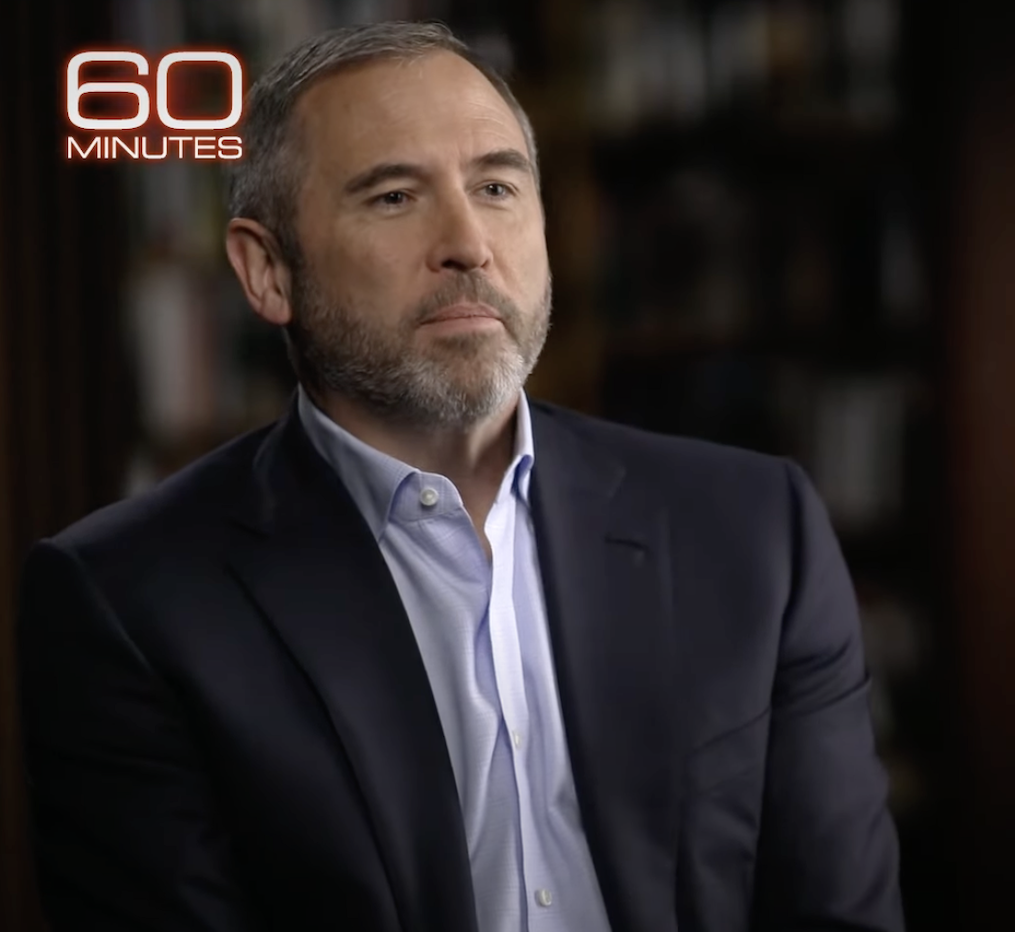
Today in crypto, Google hit a new advancement with its quantum computing chip, Ripple CEO Brad Garlinghouse criticized 60 Minutes for omitting crucial information about his company’s lawsuit with the SEC and El Salvador reportedly expects to reach an agreement with the International Monetary Fund (IMF) on a $1.3 billion loan deal in return for changes in its Bitcoin Law.
Google unveils new quantum computing chip: Clock ticking for crypto encryption?
Google’s Quantum AI team has revealed its new quantum computing chip, capable of solving a computational problem in less than five minutes — the same problem that would take one of the best supercomputers around 10 septillion years to solve.
The chip, known as Willow, can exponentially correct errors and process certain computations at a mind-boggling pace, Hartmut Neven, Google’s Quantum AI lead, said in a Dec. 9 blog.

Source: Sundar Pichai
“This mind-boggling number exceeds known timescales in physics and vastly exceeds the age of the universe,” he said.
Advances in quantum computing have long been feared as an inflection point for the crypto industry. Computers capable of breaking encryption could expose user funds to thieves in large volumes and at rapid rates.
Tech entrepreneur and former senior product manager for Google, Kevin Rose, said in a Dec. 9 statement to X that Willow was still far short of being a threat to crypto.
According to Rose, estimates for compromising Bitcoin’s encryption would require a quantum computer with approximately 13 million qubits to achieve decryption within 24 hours.
“In contrast, Google’s Willow chip, while a significant advancement, comprises 105 qubits,” he said.
Brad Garlinghouse criticizes 60 Minutes
Ripple Labs CEO Brad Garlinghouse has criticized a recent 60 Minutes segment for failing to include critical information about his company’s lawsuit with the US Securities and Exchange Commission (SEC).
The 60 Minutes segment with journalist Margaret Brennan and Garlinghouse covered Ripple’s role in funding the Fairshare political action committee ahead of the US presidential election. The report included Garlinghouse’s commentary on the SEC lawsuit.

Garlinghouse appears on 60 Minutes on Dec. 8. Source: YouTube
“Their allegation was that Ripple and our sales of XRP represented the sale of an unregistered security,” Garlinghouse said of the SEC in the 60 Minutes segment, which aired on Dec. 8.
However, Garlinghouse was shocked to learn that the segment didn’t clarify that the lawsuit deemed XRP not to be a security in certain cases.
The SEC sued Ripple in December 2020. In August, a judge ordered the company to pay $125 million as part of a civil penalty, one month after it was determined that XRP sales on exchanges did not violate securities laws.
El Salvador plans Bitcoin policy changes to secure $1.3 billion IMF loan — FT
El Salvador, the first country in the world to accept Bitcoin as legal tender, is reportedly scaling back its BTC ambitions under pressure from the IMF.
El Salvador expects to reach an agreement with the IMF on a $1.3 billion loan deal in return for changes to its Bitcoin Law, the Financial Times reported on Dec. 9, citing people familiar with the matter.
If confirmed, the deal would obligate the government of El Salvador to drop a legal requirement for businesses to accept Bitcoin (BTC) as payment, making it a voluntary payment method.
Expected to be finalized in the next two or three weeks, the deal is also expected to unlock another $1 billion of lending from the World Bank and $1 billion from the Inter-American Development Bank over the next few years.
The IMF has long been opposed to El Salvador’s adoption of Bitcoin, repeatedly warning the government and Salvadoran President Nayib Bukele of the financial stability risks behind the decision to adopt Bitcoin as legal tender in September 2021.
The IMF and the Salvadoran government have been discussing the $1.3 billion loan and possible changes to El Salvador’s Bitcoin Law since at least October.







